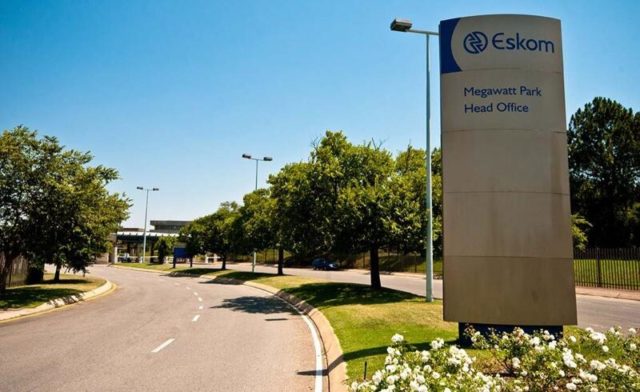Eskom this week indicated that the increase was owing to the requirement to increase purchases of energy from independent power producers and the increase in carbon taxes.
ESKOM’S constant reasoning that if it will not get its proposed increase the lights would go out amounts to blackmailing of civil society.
This was a view of parliamentary and energy adviser to the Organisation Undoing Tax Abuse (Outa), Liz McDaid.
The expert was responding to Eskom’s proposal to the National Energy Regulator of South Africa (Nersa) to have electricity prices increased by 20.5% for 2022/23.
Hearings into the increase are being held until Friday, ending in Gauteng.
McDaid compiled Outa’s submission to Nersa ahead of the Friday deadline for public comment.
She said as part of the submission: “The rules that allow Eskom to continually apply and receive additional tariff increases based on reasons that in general fail to stand up to scrutiny appear to civil society to amount to blackmail: ‘If we don’t get an increase, the lights will go out.’ This is an unsustainable approach.
“We are optimistic of Nersa’s invigorating approach to engage with all stakeholders, especially on the Multi-Year Price Determination, but the proof is in the pudding whether such engagements are in fact meaningful and not merely held for the sake of public participation.”
In line with its determination methodology, Eskom wanted a 20.5% increase for the 2022/23 financial year, followed by a 15.07% increase next year and a 10% increase the year after.
Eskom this week indicated that the increase was owing to the requirement to increase purchases of energy from independent power producers and the increase in carbon taxes.
Both the City of Tshwane and City of Cape Town are among many entities which publicly repudiated the proposed increases on the grounds that they are unaffordable to consumers.
Cape Times








